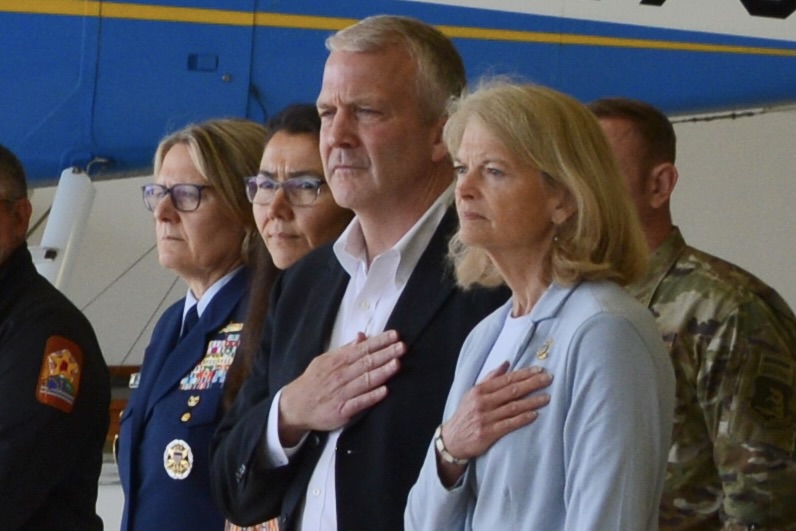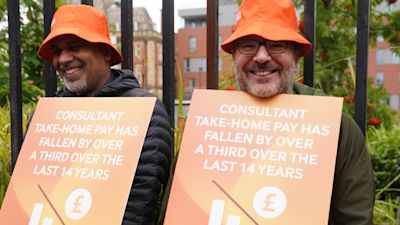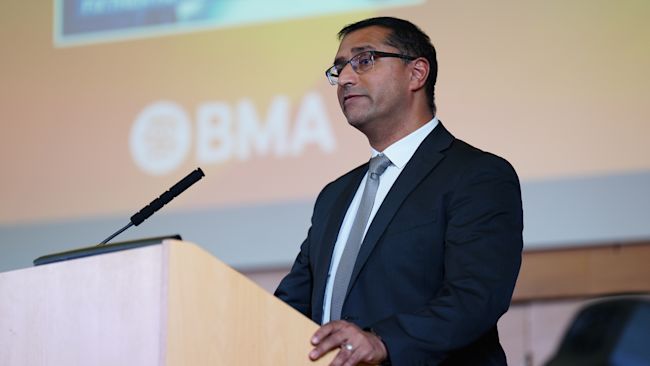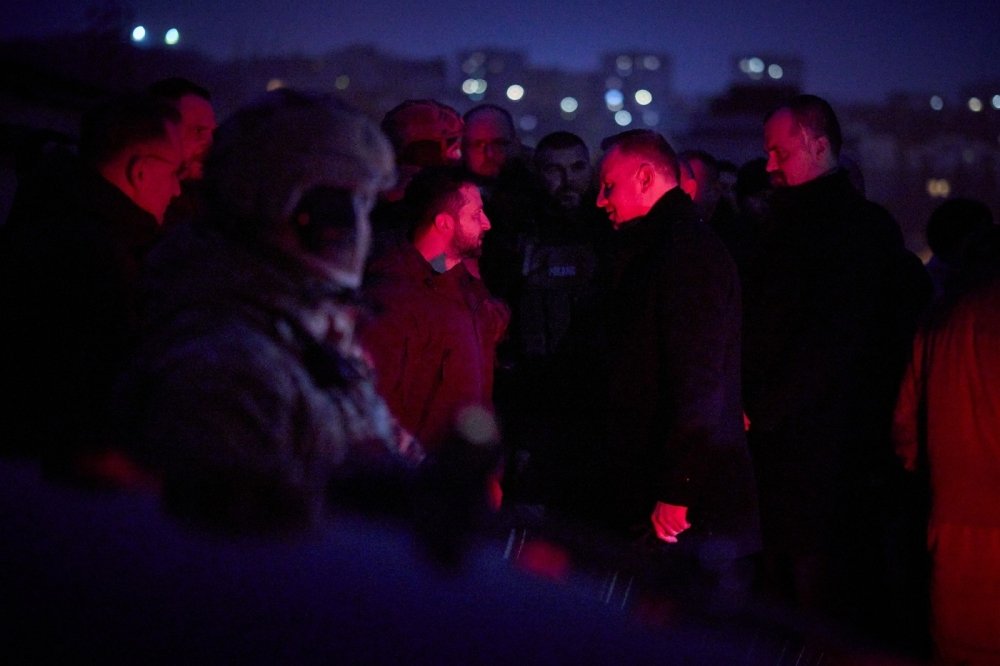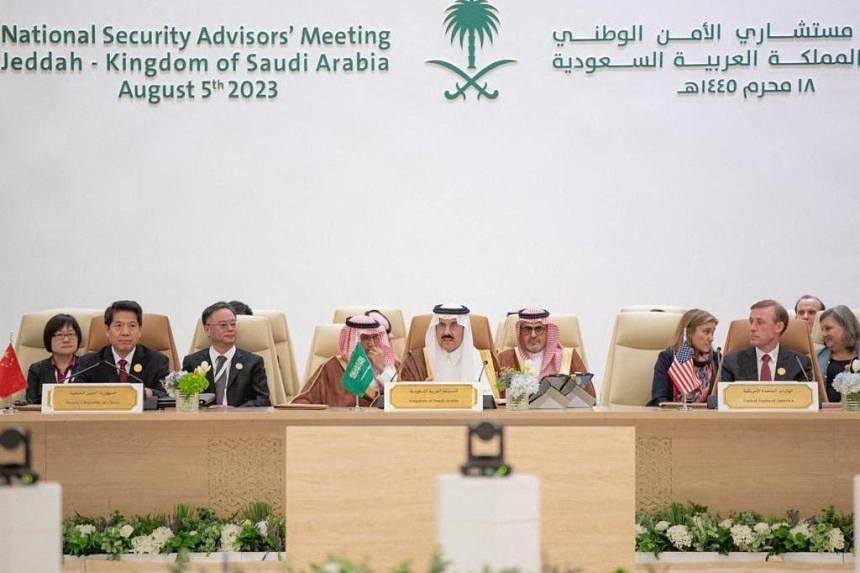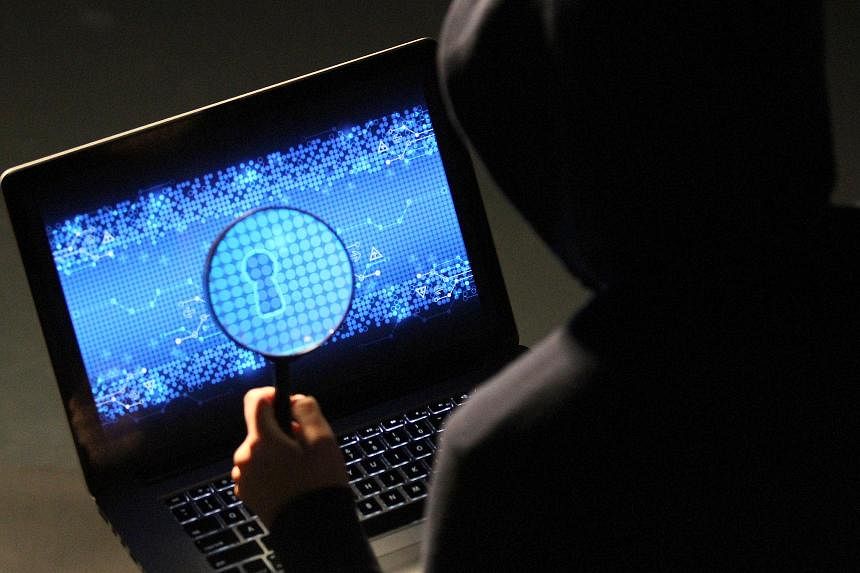AP
7 Aug, 2023
/cloudfront-ap-southeast-2.images.arcpublishing.com/nzme/JQTPDH46KVA5ZBI7323O2M5YQM.jpg)
Entire villages in Slovenia are still underwater in Slovenia, with crops destroyed and cars buried in mud. Major highways have been closed and bridges have also collapsed. Photo / AP
The European Union and Nato have begun sending urgent aid to Slovenia after severe flooding over the weekend affecting two-thirds of the small European country killed at least six people and left hundreds homeless.
Nato Secretary General Jens Stoltenberg spoke by phone with Slovenian Prime Minister Robert Golob, expressing his sympathy and Nato’s strong solidarity with Slovenia, a Nato statement said.
“I express my deepest condolences to the people of Slovenia for the loss of life and widespread devastation caused by this weekend’s floods,” Stoltenberg said.
At the weekend, Slovenia and Cyprus activated a European Union Civil Protection Mechanism because of the floods in Slovenia and wildfires in Cyprus that have affected those EU states.
The EU is sending to Cyprus two Canadair firefighting airplanes from the EU’s Civil Protection Pool stationed in Greece. Greece is also sending 20 tons of liquid retardant via the EU Civil Protection Mechanism.
/cloudfront-ap-southeast-2.images.arcpublishing.com/nzme/KJQO74P7VNDRPMDN7ZLHSQVB5M.jpg)
The flooding in Slovenia was the worst in recent history in Slovenia, a country of some 2 million people, according to Slovenian officials.
France is sending two excavators with engineering units to Slovenia, while Germany is sending two prefabricated temporary bridges and two excavators with accompanying staff, the European Commission said.
Bulgaria and Croatia have also offered support, including helicopters, excavators, prefabricated bridges and engineering teams. The United States has also deployed staff to Ljubljana to assess the situation and determine urgent humanitarian needs.
The German Interior Ministry said it was sending a team from the Federal Agency for Technical Relief to Slovenia.
The floods were caused by torrential rains that caused rivers to swell swiftly and burst into houses, fields, villages and towns. Slovenia’s weather service said a month’s worth of rain fell in less than a day.
Experts say extreme weather conditions are partly fueled by climate change. Parts of Europe have seen record heat and wildfires this summer.
Entire villages are still underwater in Slovenia. Crops have been destroyed and cars are stuck in mud. Major highways in parts of Slovenia have been closed. Many bridges have also collapsed.
/cloudfront-ap-southeast-2.images.arcpublishing.com/nzme/2BRAUZUMJZAXZBURW22MB2MJDU.jpg)
Slovenian authorities warned of danger from possible mudslides and swollen rivers that could overflow at any time, overtaking banks of sandbags placed by emergency teams.
Several severe storms in the Alpine nation earlier in the summer blew off roofs, downed thousands of trees and killed one person in Slovenia and four others elsewhere in the region.
Flash floods were also reported in neighboring Austria and Croatia and heavy rains and storms caused major damage farther east in Serbia, which is downstream from the swollen Sava river that flows from Slovenia and Croatia over the Balkans.
/cloudfront-ap-southeast-2.images.arcpublishing.com/nzme/VJWP6PKE5VCLXNFTHUJ4VF5AXU.jpg)
:quality(70)/cloudfront-us-east-1.images.arcpublishing.com/archetype/L2N5R6ZYQRBNTCMG3BA5VZZSBE.jpg)
